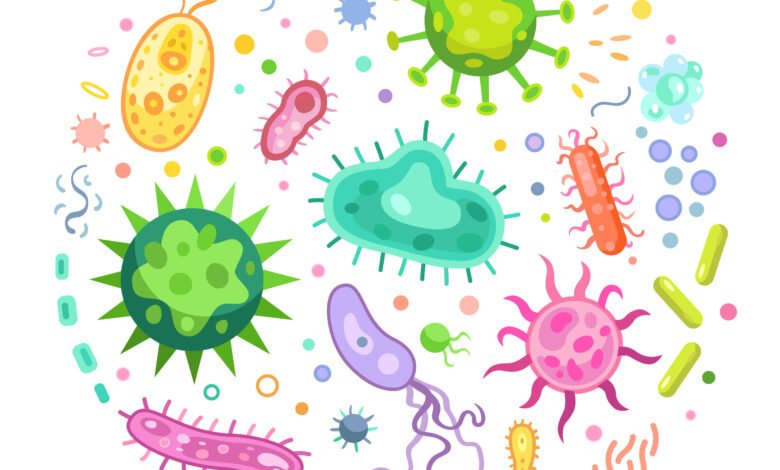Foodborne Illnesses: 5 Diseases Transmitted through Nutrition

Beware of What You Eat: Foodborne illnesses. Nutrition is vital for our bodies to function correctly, but not all food is created equal. Eating contaminated or improperly handled food can lead to various diseases that are transmitted through nutrition. Here are five diseases to be aware of:
Salmonella
Salmonella is a type of bacteria that can be found in raw or undercooked poultry, meat, eggs, and dairy products. Symptoms of salmonella infection include diarrhea, fever, and abdominal cramps. Salmonella can cause serious health problems, especially for young children, elderly people, and those with weakened immune systems.
E. coli
Escherichia coli (E. coli) is another type of bacteria that can cause foodborne illness. It is commonly found in undercooked ground beef, raw fruits and vegetables, and unpasteurized milk. E. coli infection can cause severe stomach cramps, diarrhea, and vomiting, and in some cases, kidney failure.
Hepatitis A
Hepatitis A is a virus that can be transmitted through contaminated food and water. It is commonly found in shellfish, raw fruits and vegetables, and contaminated drinking water. Symptoms of hepatitis A infection include nausea, vomiting, fever, and abdominal pain. In severe cases, hepatitis A can lead to liver damage.
Listeria
Listeria is a type of bacteria that can be found in unpasteurized milk and cheese, as well as deli meats, and hot dogs. Symptoms of listeria infection can range from mild flu-like symptoms to more severe symptoms such as meningitis and sepsis. Pregnant women, young children, and elderly people are at higher risk of developing severe symptoms.
Norovirus
Norovirus is a highly contagious virus that can be transmitted through contaminated food and water. It is commonly found in shellfish, salads, and other ready-to-eat foods that are not properly handled or cooked. Symptoms of norovirus infection include nausea, vomiting, and diarrhea, which can lead to dehydration.
Preventing Foodborne Illnesses
To prevent foodborne illnesses, it is essential to handle food properly. Always wash your hands before and after handling food, cook meat and poultry to the correct temperature, and avoid cross-contamination between raw and cooked foods. When eating out, make sure that the restaurant has proper hygiene and food handling practices. By taking these precautions, you can reduce your risk of contracting a foodborne illness.
Conclusion
Foodborne illnesses can have serious consequences, but they are preventable. By understanding the risks associated with certain foods and taking steps to handle food properly, you can reduce your risk of contracting a foodborne illness. Remember to always wash your hands, cook food to the correct temperature, and practice good food hygiene. Stay safe and healthy!




